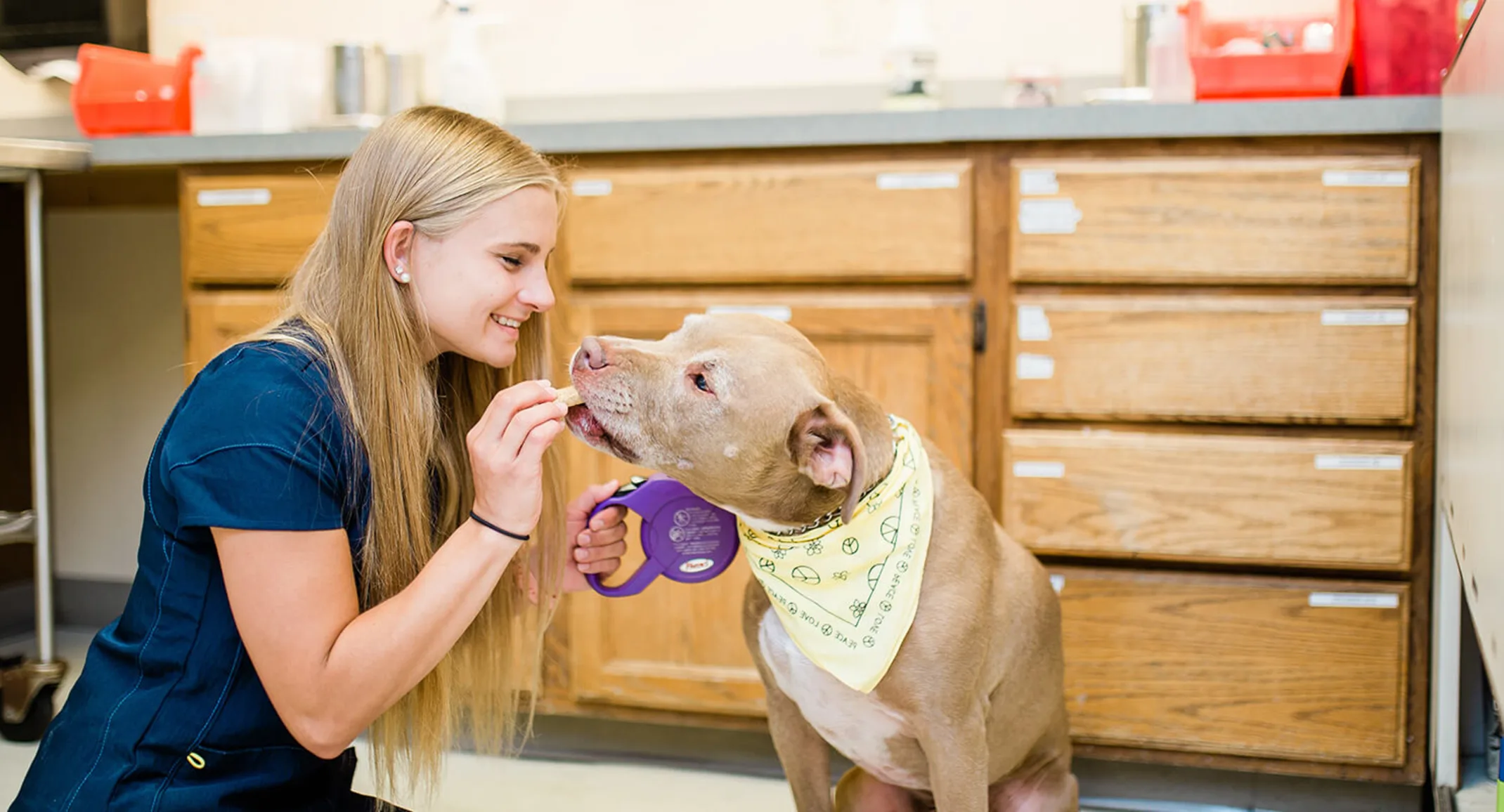Top 10 Reasons Pets Visit the ER
General

When your pet is in distress, knowing whether it’s an emergency can be the difference between life and death. At VSH Roseville, we see thousands of emergency cases each year. While every pet is unique, certain patterns emerge. Here are the top 10 reasons pets end up in our ER, and what you should watch for.
1. Trouble Breathing
Labored breathing, open mouth breathing in cats, or exaggerated panting in dogs, especially brachycephalic breeds, can signal a serious issue. If your pet is stretching its neck to breathe or showing abdominal effort, seek emergency care immediately.
2. Vomiting and Diarrhea
Occasional upset stomachs happen, but repeated vomiting or diarrhea, especially with blood, lethargy, or loss of appetite, can indicate poisoning, infection, or gastrointestinal obstruction. If symptoms persist or worsen, don’t wait.
3. Urinary Blockages
Male cats are especially prone to urinary obstructions, which can be life-threatening. Signs include straining to urinate, vocalizing in the litter box, or no urine output for over 24 hours. This is a true emergency.
4. Trauma and Accidents
Pets hit by cars, attacked by other animals, or injured in falls may appear fine but could have internal bleeding or broken bones. Bite wounds near the chest or abdomen are especially concerning.
5. Seizures or Neurological Symptoms
Seizures lasting more than five minutes, multiple seizures in a day, or signs of disorientation, staggering, or collapse require immediate evaluation. These could indicate neurological disease, toxicity, or metabolic disorders.
6. Toxin Ingestion
Common toxins include chocolate, xylitol, grapes, lilies, antifreeze, and human medications. If you suspect your pet has ingested something harmful, call Poison Control and head to the VSH Roseville or your nearest pet ER with the packaging if available.
7. Sudden Weakness or Collapse
If your pet suddenly can’t stand, is shaking, or appears mentally “off,” it could be due to heart disease, internal bleeding, or neurological issues. These symptoms should never be ignored.
8. Abdominal Distension or Retching
A bloated, firm abdomen combined with unsuccessful attempts to vomit may indicate Gastric Dilatation-Volvulus (GDV), a life-threatening condition common in large dog breeds. Time is critical.
9. Facial Swelling or Allergic Reactions
Swelling, hives, or difficulty breathing after a sting or exposure to allergens can escalate quickly. Severe allergic reactions may lead to anaphylactic shock.
10. Bleeding and Wounds
Spurting blood, deep puncture wounds, or bleeding that doesn’t stop are emergencies. Even small wounds can become infected or hide deeper trauma.
Trust Your Instincts
If your pet seems “off” - hiding, not eating, or acting strangely - don’t wait. You know your pet best. When in doubt, call us or come in. We’re here 24/7, because emergencies don’t stick to office hours.
